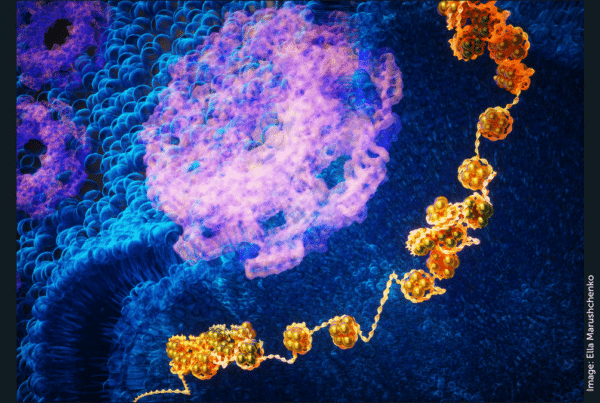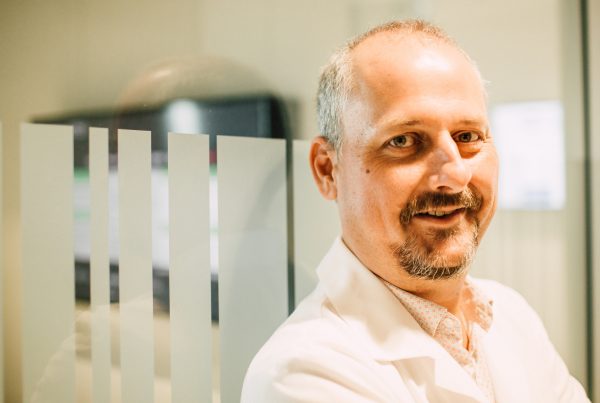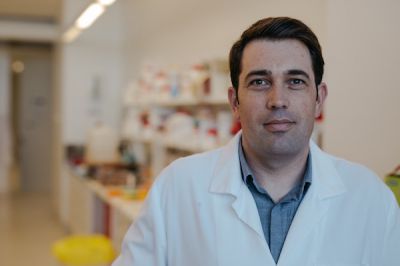Scientists find way to wipe a cell’s memory to better reprogram it as a stem cell
Read More
The DNA sequences in different cell types in an organism are almost identical (a few somatic mutations snuck in here and there). The multitude of different cellular phenotypes (e.g. neurons, skin, muscle, blood cells) is encoded by the way nuclear chromatin is expressed in these cells or, in other words, by the chromatin structure and organisation. Epigenetic modifications of DNA and DNA-associated proteins (e.g. histones) modulate chromatin structure in a combinatorial fashion and direct gene expression state (i.e. gene expression is turned on or off).
Hence, our core posit is that the global chromatin structure and epigenetic landscape of a cell essentially determine cell identity (i.e. cell type and cell state). For instance, neurons, skin, muscles, and blood cells will have different epigenetic landscapes and, thus, distinct sets of active and inactive genes whose products (RNA and protein) underpin specific cell functions.
Multiple histone modifications (e.g. methylation and acetylation) are associated with various chromatin states, and gene expression profiles play essential roles in organismal development and maintaining homeostasis and are often altered in disease.
Although somatic cells acquire rare mutations with time, changes in the epigenetic landscape are primarily responsible for age-associated changes in gene expression and cell function. Epigenetic changes could be a driving force of the ageing process.
A comprehensive understanding of how the cell utilises the epigenome is essential to understanding the critical roles it plays in cell differentiation and development and to developing effective strategies to remedy its disruption in disease states
Many fundamental questions remain unanswered regarding the dynamic spatial organisation of chromatin in single cells; the principle and mechanisms of chromatin maintenance and resilience to perturbations; and age-related changes.
Advances in image analysis and machine learning enabled precise determination of cell type and cell state at a single cell level, opening up exciting possibilities to investigate the structure of chromatin and epigenetic identities in primary organs and tissues, including development, disease, ageing and interventions.
Alexey’s laboratory collaborates with many groups in Australia and internationally. It employs unique animal models, diverse molecular techniques, high-resolution microscopy and advanced computational approaches to study the single-cell identities in development, normative ageing and disease conditions.
Our objective is to explain the principles of spatial chromatin organisation in single cells and underpinning molecular mechanisms of how single-cell identities and single-cell states are established during development, maintained in adulthood, altered in disease and appear to deteriorate with age.
Understanding such principles and real-time monitoring of health status (e.g. through longitudinal blood sampling and analysis) will enable us to design and evaluate the interventions that slow down or revert the deterioration of the epigenetic state and thus likely slow down or revert the ageing process.


